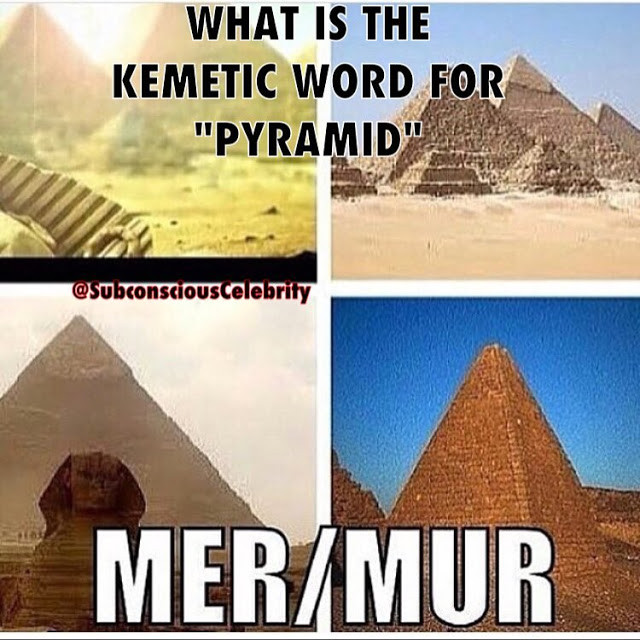Recently retired, no longer affiliated with any party. Constitutional patriot listening for God’s word
I only can hope at this piont
hope (third-person singular simple present hopes,
present participle hoping,
simple past and past participle hoped)
(intransitive, transitive) To want something to happen, with a sense of expectation that it might.
Who peed on the floor?
There seems to be a big ring mark left over...
Recently retired, no longer affiliated with any party. Constitutional patriot listening for God’s word
boings urinating over America. Fire breathing dragons in summer
Summer” came from the Old English name for that time of year, sumor. This, in turn, came from the Proto-Germanic sumur-, which itself came from the Proto-Indo-European root sam- (sam- seems to be a variant of the Proto-Indo-European sem-, meaning “together / one").
From Middle English Sampson, Sampsoun, Samson, from Latin Samson, from Ancient Greek Σαμψών (Sampsṓn), from Hebrew שִׁמְשׁוֹן.
A S A M P S O N
Borrowed from Hebrew דְּלִילָה (d'līla, “[she who] weakened”).
Pronunciation
(UK) IPA(key): /dɪˈlaɪlə/
Proper noun
Delilah
The mistress of Samson who betrayed him to the Philistines.
A female given name from Hebrew of Biblical origin
Delilah (plural Delilahs)
A beautiful, cunning and treacherous woman; a femme fatale.
A libertine; a harlot; a woman of loose morals.
VAMP
verb: vamp; 3rd person present: vamps; past tense: vamped; past participle: vamped; gerund or present participle: vamping
1.
INFORMAL
repair or improve something
Alternative forms
vampyre (archaic)
Etymology
From French vampire, from German Vampir, from a Slavic word, probably Serbo-Croatian vàmpīr (said to be an alteration of a term *upir), from Proto-Slavic *ǫpyrь.
Compare Russian упы́рь (upýrʹ), Polish upiór, etc. Doublet of oupire.
vampire (third-person singular simple present vampires, present participle vampiring, simple past and past participle vampired)
(transitive, figuratively) To drain of energy or resources

